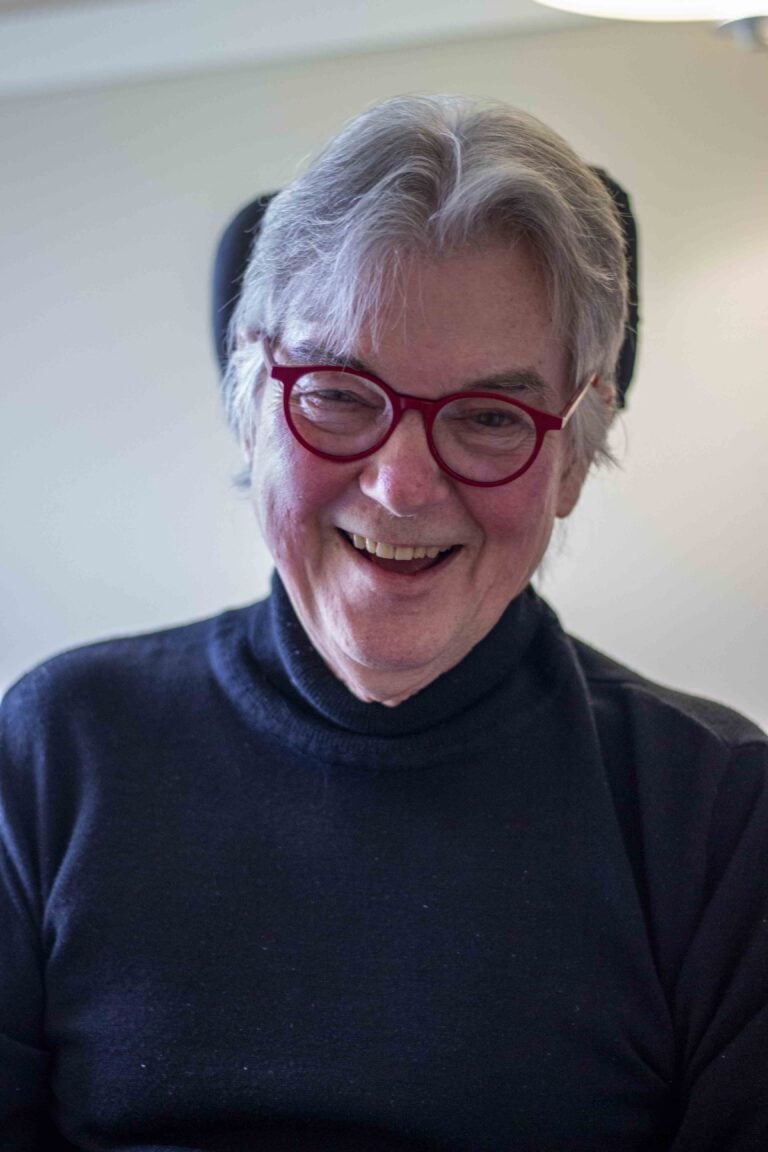Patients who suffer from dementia, of which Alzheimer’s disease is the most common cause, are usually looked after by a spouse or partner, with the help perhaps of nearby family members when that’s possible and part-time support workers.
It’s exhausting for those who provide the care because it goes on so long and the situation only gets worse for the patient and those helping out.
When home care no longer works, patients are usually transferred to a long-term care facility, hopefully nearby, of which Niagara residents have several choices.
But wherever the patient is looked after, the clinical course continues downhill as patients lose their lifetime’s store of memories, struggle to make sense of the present and increasingly unable to form warm sustaining relationships with staff and other residents in the home.
Life becomes a series of in-the-moment snapshots, with all but the most deeply embedded memories soon gone.
Anyone who’s looked after someone with dementia is familiar with what I’m talking about and many, especially those with a strong family history of dementia, worry that what they’ve witnessed up-close, might happen to them.
That was certainly my wife Jan’s worry when she witnessed the clinical course of four close relatives with what was almost certainly Alzheimer’s, given their clinical history.
It’s a terrifying prospect for many: hence the determination of many in my generation to remain as sharp as possible for as long as possible by paying attention to modifiable risk factors such as physical and cognitive fitness.
Even so, worries continue that they, too, will become trapped in a nursing home, with control over their lives ceded to others who they won’t know.
This prompts the question: If medical assisted termination of life is possible for those with terminal cancer and those with severe physical disabilities, why not those disabled by severe cognitive and behavioural impairments associated with their dementia?
This is especially so for those whose medical directives make it clear that they don’t want to live once they develop moderate to severe dementia.
That’s a worthy question. My wife brought that question up several times with our two children and me when she was of sound enough mind to include in her medical directives, her wish not to live once she lost awareness of her family. So far, that hasn’t happened.
To me, that sounds similar to the thinking of patients and families facing other insoluble, intolerable problems but in their case fortunate enough to meet the current cognitive requirements of MAID.
There are precedents. For example, wills and power-of-attorney documents remain legally binding should the principal later become cognitively impaired for whatever reason.
The same holds true for most contracts unless specific language was included to cover the development of dementia in one or other parties to the contract.
There are many instances where life-support for patients has been stopped or if initiated, was later withdrawn, for patients with severe strokes, trauma to the brain or other severe illnesses, with the informed consent of immediate family members.
The key in the latter instances was that patients had a severe disease from which recovery was not possible based on sound medical evidence, and the decision was made with the assent of the family, in circumstances in which informed consent was not possible from the patient, to withdraw life support or provide comfort measures only, until death. That made sense to me and most families who faced those life-death decisions in my career.
But short of those acute events, the catch with a patient who suffers from dementia, is how to determine cognitive and behavioural thresholds beyond which the patient, when of sound mind, expressed her (or his) wish, that they wanted to end their life. Establishing acceptable medical and legally defensible thresholds could be legislatively and legally challenging, but not impossible goals.
Courts have been reluctant to become involved in cases where the patient is unable up to the moment before death, to assent to the last and final step.
However, in the case of dementia, suitable threshold tests could be established, which repeated several times, over the span of several weeks, would help to ensure they were consistent with the law and the patient’s wishes.
Of course, all this conjecture would need public, supreme court and parliamentary support, which at this time, would probably not be there.
Patients in Europe and Canada won the right to death should they suffer from an incurable and intolerable condition such as late-stage cancer or paralyzing disorders.
Surely, it’s time to grant the same freedom to patients who suffer from dementia, who are unable to speak for themselves, yet made provision in their end-of-life directives to cover the possibility that they might be able to speak for themselves at the time when lethal injection was used.
Many will find this discussion unpleasant, wrong-headed, and even repugnant and immoral.
But I think it’s a discussion the country needs to have given the long-term suffering of so many patients with dementia for so many years in long-term care facilities, where they progress all too often to some version of mindlessness, with no control over their day-to-day.
Dr. William Brown is a professor of neurology at McMaster University and co-founder of the InfoHealth series at the Niagara-on-the-Lake Public Library.








